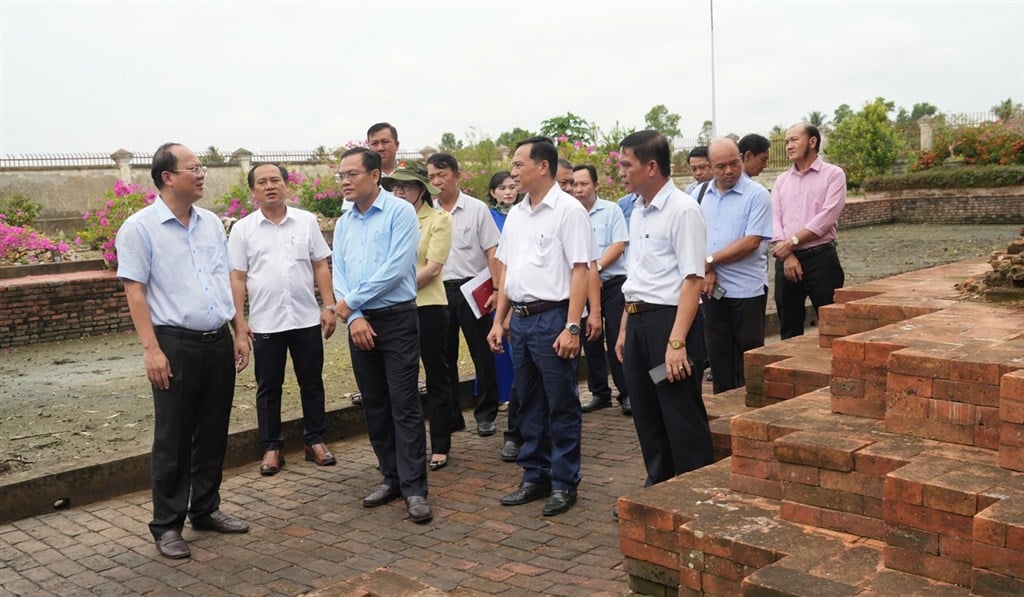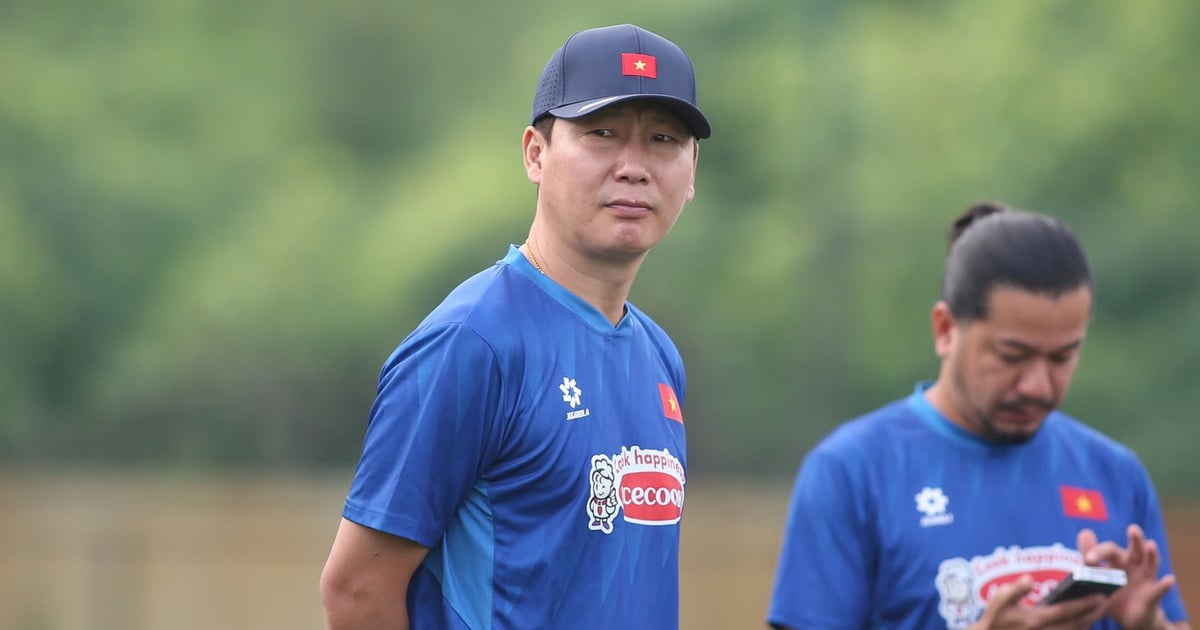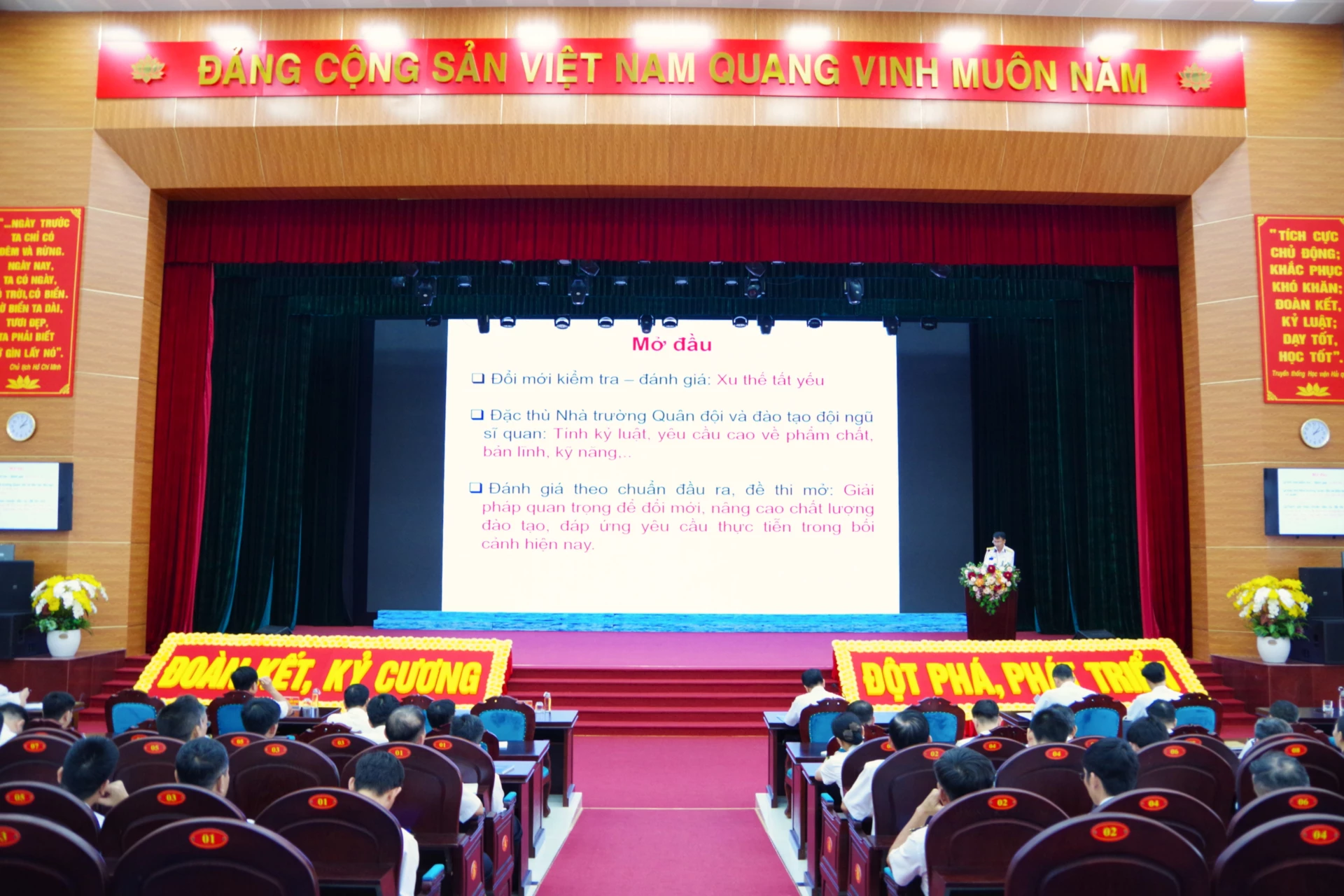In recent times, many schools have promoted their internal strength, flexibility, and creativity, meeting the requirements of training human resources for socio -economic development, competing healthily to improve quality, and integrating internationally.
However, compared to the set goals, university autonomy in Vietnam has been moving quite slowly, especially in terms of finance and assets. Up to now, only nearly 33% of universities have self-financed regular and investment expenditures, and nearly 14% of the number of schools self-financed regular expenditures (group 2). One of the reasons for the slow autonomy is that specialized legal regulations have not been amended in line with the Law on Higher Education , causing difficulties for schools.
Currently, public universities are directly regulated by many legal regulations such as: Law on Education; Law on Higher Education; Law on Science and Technology; Law on Bidding; Law on Public Investment; Law on Management and Use of Public Assets; Law on Construction; Law on Land, Law on Social Insurance; Law on Civil Servants and laws on tax and finance. Many progressive regulations of the Law on Higher Education have been "interrupted", causing congestion, because specialized laws have not been amended in time to be consistent.
For example, there are regulations on the establishment of science and technology enterprises in higher education institutions, but there are no clear and detailed regulations on the use of capital, public assets, intellectual property rights, etc. to establish enterprises. The assignment of officials and civil servants to contribute capital and manage enterprises is prohibited by the Law on Civil Servants, the Law on Enterprises, and the Law on Anti-Corruption.
Schools are given quite broad authority in deciding on organizational structure and recruitment, use, management of staff, lecturers, civil servants, employees as well as deciding on administrative and management personnel. However, the implementation of these issues must comply with the provisions of specialized laws such as the Law on Civil Servants, the Law on Emulation and Commendation, the Labor Code, etc.
Diversifying the sources of revenue of schools also faces many barriers and cannot be proactive due to the provisions of the Law on Management and Use of Public Assets, the Land Law, etc. Many regulations related to the process and decision-making authority in the Law on Public Investment and the Law on Bidding also make it difficult for schools to be proactive in many activities related to equipment procurement, public investment, and basic construction. Not only inconsistent with the provisions of specialized laws, some provisions of the Law on Higher Education on organizational structure and models are also not really suitable with international practices.
The rapid development of science and technology, digital economy, digital transformation, and artificial intelligence has led to changes in human resource needs, human resource structure, teaching and learning methods, and application of technology in life. In this context, the lack of synchronization in the legal corridor related to higher education will be a huge barrier, making it difficult for schools to promote dynamism, positivity, and competitiveness, reducing the effectiveness of implementing university autonomy.
The evidence is that up to now, there are still many schools that do not have enough capacity to implement autonomy, are used to the mechanism of asking and giving, are used to being guided by the hand, and are afraid of making mistakes. Meanwhile, there are schools that abuse, go beyond their authority, and have not yet fulfilled their responsibility to the community and society.
In order for the university autonomy mechanism to be implemented in a substantive manner, contributing to innovation and improving the quality of training, it is necessary to complete a clear legal corridor in line with international practices. In parallel with amending the Law on Higher Education, it is necessary to quickly synchronize the legal framework on autonomy in other relevant laws. Only then will Vietnamese higher education have the conditions to create a momentum like "contract 10", developing remarkably in the coming time.
Source: https://giaoducthoidai.vn/tu-chu-dai-hoc-can-hanh-lang-phap-ly-dong-bo-post743704.html



























![[Photo] An Phu intersection project connecting Ho Chi Minh City-Long Thanh-Dau Giay expressway behind schedule](https://vstatic.vietnam.vn/vietnam/resource/IMAGE/2025/8/21/1ad80e9dd8944150bb72e6c49ecc7e08)




































![[Photo] Politburo works with the Standing Committee of Hanoi Party Committee and Ho Chi Minh City Party Committee](https://vstatic.vietnam.vn/vietnam/resource/IMAGE/2025/8/21/4f3460337a6045e7847d50d38704355d)

































Comment (0)